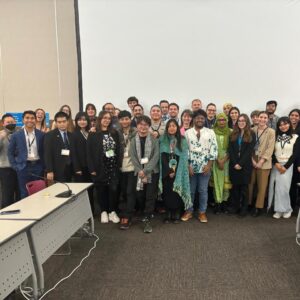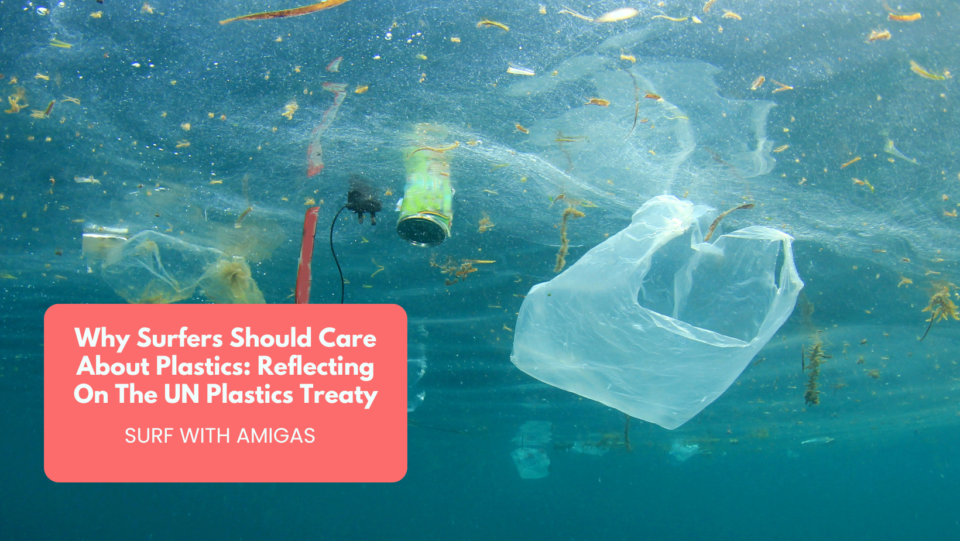Humans emit more than 250 billion chemical substances a year.
Whether we want to believe it or not, we are living in a toxic world saturated with man-made chemicals. Synthetic products live in every corner of our homes, we slather them on our bodies, and are subject to an increasing number of pollutants and particulates in our air. This may sound like the kind of alarmist talk that makes you want to run and hide under the covers and never think about it again. However, it simply is the world as we now know it. Plastics are one of these repeat chemical offenders. While plastics have become a seemingly useful, universal product, they pollute 90% of our planet, and have extreme ramifications. Moreover, plastic waste is often mishandled and not properly disposed of, with the global plastic recycling rate being only 9%. In both small and large forms we see it littering our environments, our waterways, our food, our bodies and even brains.
So, one can understand the gravity of the situation and what was at stake when nearly 200 nations met in Busan, South Korea November 25th to December 1st for what was meant to be a fifth and final round of talks for the United Nations Intergovernmental Negotiating Committee (INC) to develop a legally binding global plastic pollution treaty, including the marine environment. INC meetings gather representatives from member states, relevant NGOs, industry stakeholders, and experts to discuss and negotiate specific measures and commitments to combat plastic pollution on a global scale.


6 things I Learned About Plastics
1.Over 16,000 chemicals are involved in plastic production (plastic chemical compounds come from crude oil and natural gas).
2. Many of these chemicals used are severe endocrine disrupters, affecting general health, sperm count, fertility, and more. Plastics, as well as the chemicals in the, can affect DNA structure and disrupt DNA sequencing (causing Alzheimer’s, strokes, etc.)
3. Throughout our lifetime, it is likely we will have at least a credit card’s worth of microplastics in our bodies. Microplastics have been found in placentas and can even cross the blood brain barrier into our brain.
4. 11 million metric tons of plastic enter the ocean per year, affecting marine life and ocean ecosystems.
5. Taxpayers pay billions of dollars each year that go towards government subsidies which sustain plastic industries! In the U.S. alone over the past decade, this has amounted to over 9 billion dollars in tax breaks or subsidies for state and local governments which produce plastics. Globally, it looks closer to $30 billion per year.
6. Although it is essential we manage our plastic waste properly, due to processing even recycling centers can be large emitters of the chemicals within plastics!
***Other important points include waste management’s capacity to successfully manage plastic, ecosystem imbalances, land and marine life threats, and the list goes on! Bottom line is, there are plenty of reasons why we are obligated to act, be it based in ethics, environment, health or responsibility for future generations.
Continue reading “Why Surfers Should Care About Plastics: Reflecting On The UN Plastics Treaty”


